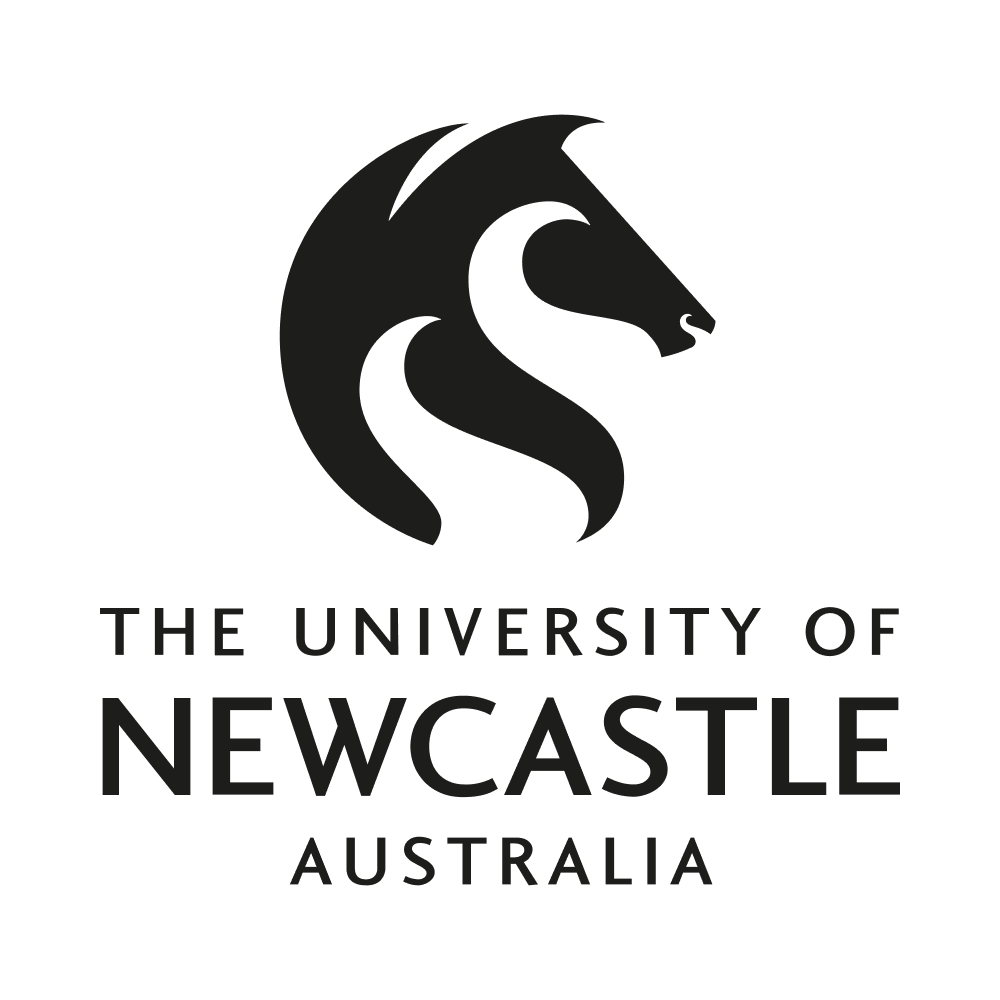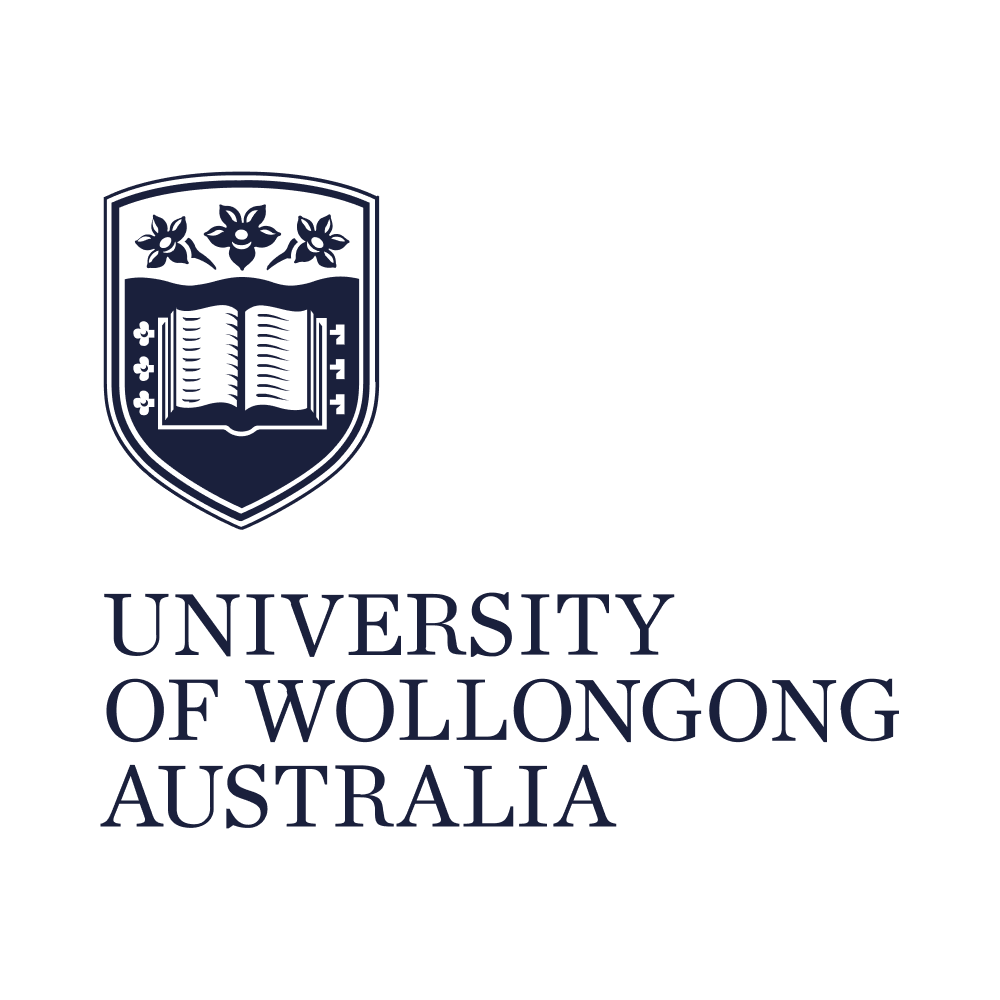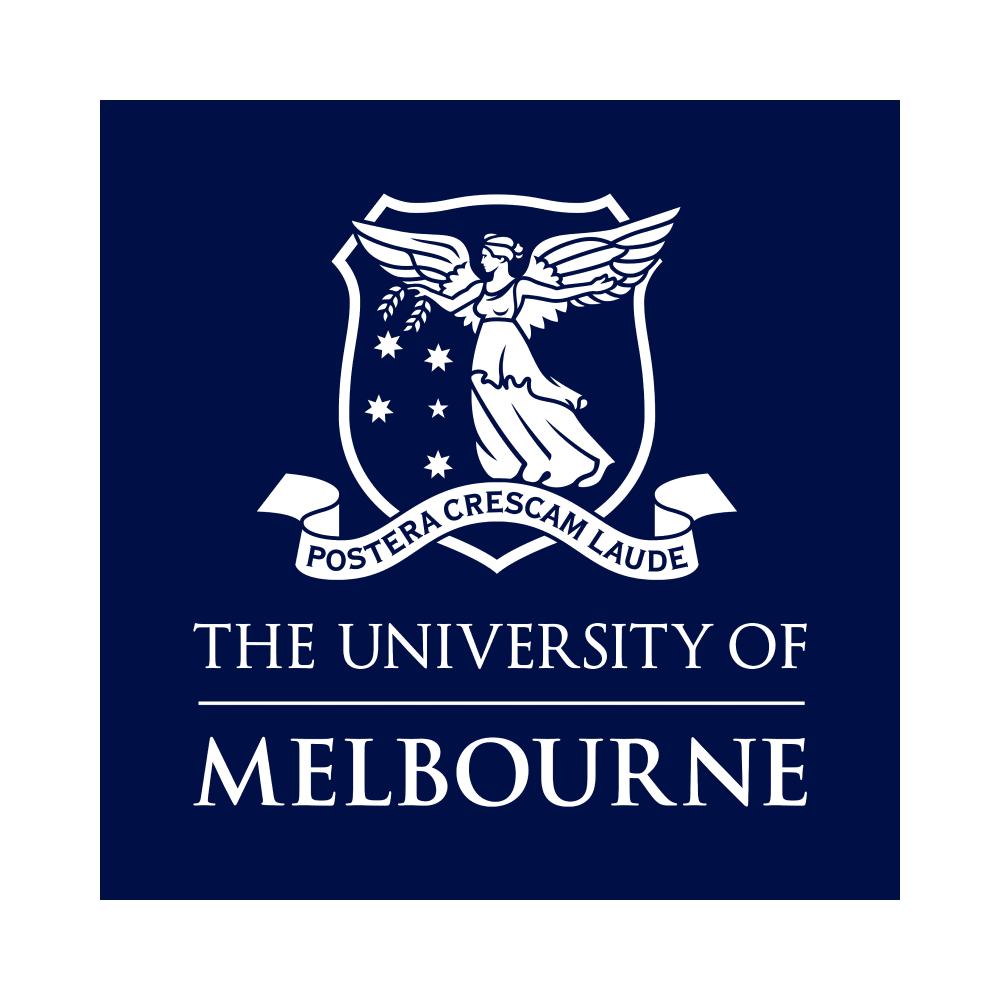
Marketing refers to the efforts and strategies within businesses to promote their brand to potential consumers. It involves addressing customer needs by presenting solutions through their products or services. Marketing professionals often conduct market research to understand their intended audience and develop marketing campaigns that can resonate with them.
Businesses tend to utilise different types of marketing to engage with various groups of audiences. This helps them to cater to diverse preferences and expand their reach. Different platforms offer unique opportunities to engage with specific audiences, promoting higher brand visibility.
In this article, we explore the importance of marketing, the various types of marketing and how postgraduate education can help you thrive further in your marketing career.
Why is marketing important?
Marketing is a vital function in businesses across various industries, with its efforts fueling growth and financial performance. Here’s how marketing plays a key role in shaping business success:
Improve brand awareness
Regularly promoting your brand across multiple channels enhances the likelihood it gets seen and recognised, making it more memorable. The more people engage with your brand on various platforms, the more likely they are to remember and consider it when they want to make a purchase.
Attract new customers
Marketing isn’t just about retaining existing customers and keeping them happy. It also involves attracting new ones as well. Effective marketing strategies, such as offering discounts for first-time customers, can help you reach the right audience, spark their interest and convert them into loyal customers.
Build brand loyalty
Marketing activities tend to be customer-centric as they promote solutions to customer needs. When customers are satisfied with your brand’s offerings, they are more likely to keep engaging with it. You can also nurture this connection by refining marketing content based on customer feedback, allowing consumers to feel heard and valued.
Stand out from competitors
In the fast-paced world of marketing, attention is one of the most valuable currencies. Businesses are constantly competing for it to make themselves known to potential consumers. By coming up with a compelling narrative, marketing helps you highlight what makes your offerings special and different from the rest. This gives your brand the competitive edge it needs to stand out and thrive.
Traditional marketing vs digital marketing: how are they different?
Marketing usually comes down to two main approaches: traditional and digital. What differs between the two methods is the type of channels used to deliver marketing content. The former refers to promotional efforts conducted in offline media such as print, events and television. Digital marketing activities are executed through online platforms like social media, email and websites.
Each marketing approach serves different advantages. Digital marketing campaigns can be cheaper compared to traditional marketing and you can access real-time data to measure its impact. You can also analyse a user’s online journey and make immediate adjustments to optimise your strategy. On the other hand, traditional marketing efforts may resonate better with older customers and consumers who may not be active online.
Although their channels are different, neither approach is inherently better than the other. The main goal of traditional and digital marketing remains the same, which is to connect the brand to its target audience. Businesses usually diversify their marketing efforts by utilising both methods to increase their chances of engaging with customers.
4 types of digital marketing
Many businesses today are available online through social media, websites and other digital platforms. This provides them with more avenues to market their brand to a large audience. Digital marketing is also thriving in Australia, with digital advertising spending reaching US$13.5 billion in 2023, according to the Australian Marketing Institute.
Explore various types of digital marketing that can help businesses grow in these online spaces:
-
Social media marketing
This marketing strategy utilises social media platforms to share promotional content and connect with a diverse audience. With millions of people scrolling through their feeds every day, social media offers plenty of opportunities for businesses to expand their reach and grow their brand’s presence. Social media also allows you to communicate with potential customers in real time, allowing you to build rapport with them and create a positive impression for your brand.You can grow your follower base by posting engaging, informative and organic content about your brand. This is important as brands with a large following are often perceived as credible by the public. You can also use paid advertising or sponsored content to target specific demographics of potential customers based on their age, interests, gender and other factors. This may lead to higher conversions as they may resonate better with your brand’s advertisements.
-
Email marketing
Email marketing involves sending brand-related emails to customers and prospective customers who subscribe to your email list. Businesses use this approach to share exciting updates, new product releases and exclusive promotions that could encourage lead conversions. Consistent and effective email marketing strategies keep customers informed and engaged with the brand. You can offer new user discounts to entice people to subscribe and stay connected to your brand.This strategy is also useful for you to examine consumer behaviour. You can observe how many people click links that lead to your website from the email and monitor unsubscribe rates. This can help you make necessary adjustments to your marketing strategy to add more value for customers.
-
Search engine marketing (SEM)
Website traffic is a crucial component in digital marketing as it influences brand visibility, lead generation and business growth. Businesses employ SEM techniques to improve their traffic which can lead to more conversions.One of the techniques is search engine optimisation (SEO), which focuses on improving your website ranking on a search engine results page. The higher your website ranks, the more visibility you get and the more likely users are to click and visit.
Effective SEO strategies can significantly influence your ranking. You can conduct keyword research and optimise your content with the right keywords to increase the chances of it appearing at the top of the search page when users type in certain keywords. Link-building strategies, such as linking pages within your website or getting other websites to link to yours, can establish authority and help your website rank higher.
Effective SEO strategies can significantly influence your ranking. You can conduct keyword research and optimise your content with the right keywords to increase the chances of it appearing at the top of the search page when users type in certain keywords. Link-building strategies, such as linking pages within your website or getting other websites to link to yours, can establish authority and help your website rank higher.
Another way to boost website traffic is through pay-per-click (PPC) advertising, which involves placing advertisements on search engines directly. You’re only required to pay the advertising network when someone clicks on your ad. This strategy allows your ads to be visible to the right audience who fit specific criteria, which can improve the quality of your website traffic.
-
Affiliate marketing
Affiliate marketing involves partnerships between businesses and third parties, such as companies, influencers or content creators, to promote the brand on behalf of the business. They may promote your brand across social media, websites and other channels to enhance your traffic and sales. Affiliates typically get a commission for every click or conversion made through their unique links or referrals.This is a great way for you to expand your reach to the affiliate’s own organically grown audiences. These potential customers are more likely to trust the affiliate’s recommendations and this may convert them into regular customers of your brand
4 types of traditional marketing
Traditional marketing offers a variety of methods that can help many businesses deliver results. Learn about them below:
-
Print marketing
This marketing technique uses printed media to promote products and services. Newspaper and magazine readers tend to treat these materials as trusted sources, so putting your advertisements there can help boost your brand’s legitimacy. You can also improve engagement by examining what reading materials your target audience usually reads. For example, if you’re promoting a clothing brand, a fashion magazine would be the ideal place for you to advertise.Brochures and flyers are a more cost-effective way of spreading the word. These handouts can be distributed to many people at once in public or high-traffic areas. This may be more effective for local retail stores, restaurants and service providers that want to build their presence within their community.
For businesses that want to advertise within a specific geographic area, billboards are a great tool to market their brand. Eye-catching and memorable billboards can build brand awareness as many people would walk or drive past them. Companies may also opt for poster advertisements in train stations or on public transport to target commuters, giving them more opportunities to engage with potential customers.
-
Broadcasting marketing
Another common method in traditional marketing is creating commercials to be aired on broadcasting media like TV, cinema and radio. While TV consumption has evolved in an increasingly digital age, many people still have a TV at home and businesses can target the demographics that often watch TV.Marketing can take place in the form of commercials in between TV shows, before movies in theatres or product placement within the TV shows and movies themselves. The latter creates a subtle link between the product and the entertainment content, which may entice viewers to purchase the same product used by the characters they’re watching.
Radio advertising offers a cheaper alternative to building brand awareness. Advertisements are usually brief, concise and memorable to capture the attention of those listening to their preferred radio stations while commuting, working or at home. Businesses can also schedule when to air their advertisement to better connect with their target audience. For example, travel agencies may air their special holiday promotions in the morning to target working adults who are driving to work.
-
Event marketing
Event marketing allows people to engage with your brand directly as you promote your products or services at in-person events. If your goal is to introduce your brand and boost awareness, you can set up a booth at conventions, trade shows and festivals to attract event-goers. Businesses that want to retain customer loyalty may host social events for their regular customers. They may give exclusive invites, offer free food and drinks and showcase new products to provide them with a memorable and positive experience. These events also give you the opportunity to gain valuable insights and feedback from customers, allowing you to improve brand offerings and marketing strategies. -
Ambient marketing
This method focuses on capturing attention through clever and unconventional advertisements in unusual public spaces to surprise your audience. Ambient marketing campaigns can take form in various creative ways, from 2D illusions and life-size 3D replicas of your products to murals and installations. Often interactive, these advertisements typically reference the function of your products or services, sparking curiosity among the audience in a non-intrusive manner. By engaging with the public in a memorable way, people who take interest may share about these displays through word of mouth, effectively giving more attention to your brand organically.
How a postgraduate degree can help you excel in marketing
Furthering your studies with a postgraduate marketing degree can empower you to make a significant impact in your organisation and excel in your marketing career. For working professionals seeking a career change, this postgraduate qualification can be a great way to enter this thriving industry.
Many Master of Marketing courses in Australia accept students with a recognised undergraduate degree in any discipline, giving you a pathway to a fresh start in the fast-paced world of marketing.
Postgraduate marketing programs provide advanced knowledge of various marketing areas, including consumer behaviour, market research and brand management. Acquiring this specialised knowledge allows you to sharpen your analytical and problem-solving skills to develop effective marketing campaigns.
Many courses include practical experiences such as case studies, internships and industry projects. You’ll be able to gain valuable industry insights and hands-on skills to take on real marketing challenges faced by modern businesses. This exposure can also help you build connections within the industry, expanding your professional network.
Not only can you enhance your marketing expertise during your studies, but you can also develop leadership skills, such as communication, adaptability and critical thinking. With a postgraduate degree in marketing, you’ll be primed to enter more senior roles in marketing, including leadership and management positions.
Below are some Master of Marketing courses in Australia that accept students with an undergraduate qualification in any field.


The Master of Marketing provides a specialised coursework program designed for marketing professionals looking to enhance their current skills or for those seeking a career change to this exciting, fast-paced field. The core curriculum provides an integrated, systematic understanding of market-driven business strategies and decision-making including market research, consumer behaviour, product and brand management, promotional design, internet and social media marketing and marketing analytics.
Throughout each subject in the program, students will learn to apply the latest evidence-based theories and ideas to contemporary, real-world marketing challenges through case studies, projects, guest lectures and work integrated learning. Essential management skills of leadership, collaboration, critical thinking, creative problem-solving and communication are refined through individual and team projects that take on real marketing challenges facing today’s organisations.


This course is designed for professionals seeking to excel in and navigate the dynamic marketing landscape shaped by creativity, and technology. Choose this program to gain cutting-edge insights from our research-led faculty and align with sustainable marketing practices for societal benefit.
Distinctive in its approach, the course integrates digital marketing, data analytics, customer experience, and ethical considerations, ensuring they stay ahead in a rapidly changing industry.


The MBA program is designed to provide students with a range of analytical, strategic and leadership skills which will prepare them for increasingly competitive careers in business management in the corporate and public sectors. The program offers a grounding in fundamental business areas such as accounting, finance, organisational behaviour, economics, marketing and management. Analytic and problem-solving skills are emphasised through an applied understanding of the theoretical framework within which today’s managers must operate, as well as the acquisition of practical skills in teamwork, writing, presentation and time management. The ability to cope with rapid organisational and technological change is developed through an understanding of organisational behaviour, information systems and organisational change and development.
The Master of Marketing is designed to give students the ability to better evaluate existing and potential market opportunities and to develop strategies that achieve organisational outcomes appropriate for the Australian and international business environment. Students will develop a solid understanding of the theoretical underpinnings of marketing and how they are applied in all contexts.


Marketing focuses on making and keeping customers by finding, communicating and sustaining the competitive advantage that makes a company truly successful. Topics covered in Marketing include advertising, company strategy, competitive analysis, and value creation.
Marketing students at UWA have the opportunity to undertake projects for real-life organisations and have previously worked with companies including Coles, Google, Microsoft, Rio Tinto, Tourism WA, Transperth and Westpac.
With classes available during the day and in the evening, this course is suitable for both the busy professional and the full-time student.


The Master of Marketing explores the motives of consumers during the purchase of products and services and how to use this research to make more effective marketing decisions.
Leading marketing academics will teach you how to identify potential customers so you can gain a competitive advantage by effectively positioning products in the market. Using promotional tools, you will learn to create and enhance a brand’s equity.
This master’s degree will ultimately enable you to develop and demonstrate specialised knowledge and skills in marketing, a field increasingly important for all types of organisations from commercial operations to the non-profit sector.
If you’re more interested in mastering digital tools and platforms, consider a postgraduate course focused on digital marketing. These programs are designed to equip you with the practical knowledge and skills to utilise industry-standard software and technology to measure digital performance. Other topics you may study include social media marketing, digital marketing analytics and user experience design. With these in-demand skills, you’ll be ready to develop impactful online marketing strategies that can help businesses thrive in today’s digital era.
Explore postgraduate courses in digital marketing across various universities below.


This course is specifically designed in consultation with industry to create world-ready graduates proficient in digital marketing knowledge and application. Confidence and competence in applying digital and social media knowledge and associated skills are crucial for all marketing professionals and those who own or manage a small to medium-sized business enterprise. Students will critique topical, current and relevant issues in modern-day marketing practice and learn to think strategically about social and digital media. Students will also use industry-standard software and technology to apply these skills.
Some of the tools students will work with include Synthesio and Hootsuite for publishing, engaging and analysing social media content and trends; WIX for creating, publishing and managing website content; Google Analytics for analysing website performance; and Gaze Recorder for analysing the effectiveness of digital content on a website.


Become a digital marketing expert
Navigate the fast-paced world of digital marketing with a Master of Digital Marketing at Melbourne University. Develop specialised knowledge and skills through a suite of advanced subjects. Gain hands-on experience with leading companies and explore how digital marketing theories apply in real-world business contexts. Graduate with in-demand skills, ready to step into this exciting and ever-changing profession.
Key Features
- Build digital marketing skills and knowledge. Develop expertise in social media marketing, channel management, content marketing, retail, metrics and analytics.
- Road test your new skills in the industry. Develop job-ready skills and build your professional networks with an industry internship in your area of interest.
- Learn from industry experts. Explore best-practice examples from industry thought leaders and learn from case studies presented by marketing professionals.
Market yourself towards success
Traditional and digital marketing play a distinct but complementary role in building brand success. Both marketing types offer unique strengths that can form a powerful marketing strategy. You can advance your studies to gain in-depth knowledge and skills to be fluent in both marketing methods. Take the first step and explore various postgraduate courses in marketing and digital marketing in Australia.























